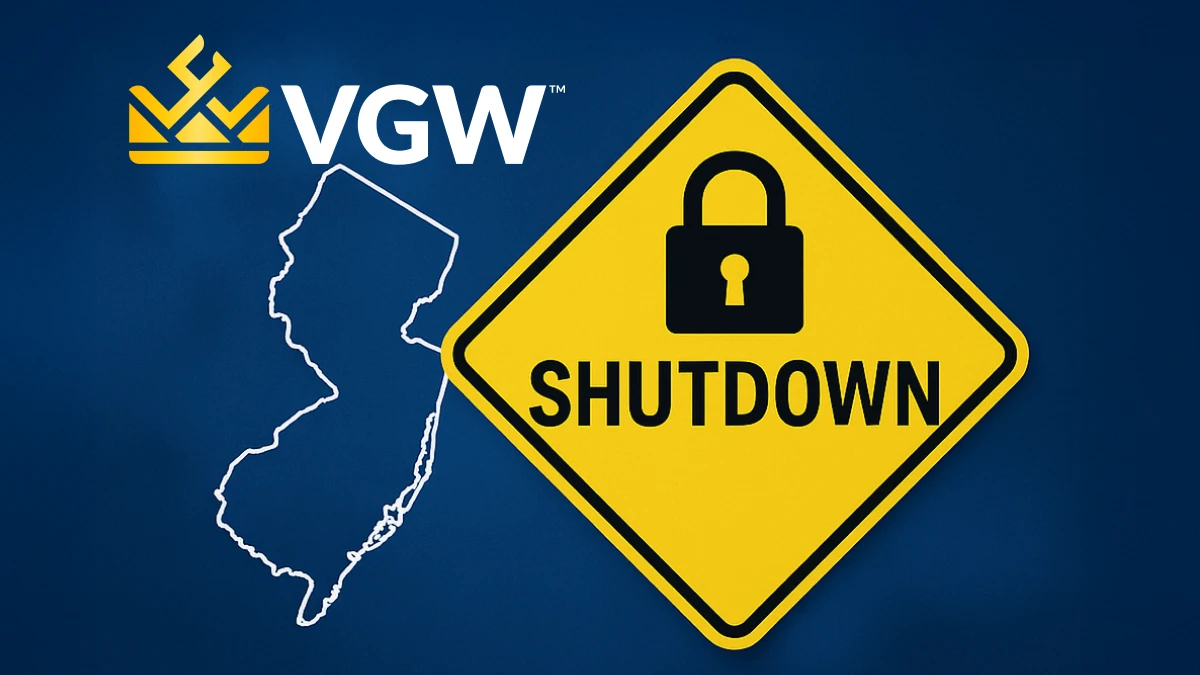Louisiana Senate Approves Bill to Ban Sweepstakes Casino Gaming

1.0
Default
The state of Louisiana has unanimously approved a bill proposal aimed at expressly prohibiting sweepstakes casinos from operating in the state. In a sweeping 39 to 0 vote, the LA Senate not only banned sweepstakes casino gaming - it also sought to penalize all affiliates, investors, operators, and suppliers - in short, anyone involved in the sweepstakes casino industry.
In a powerful and unanimous 39 - 0 vote on Tuesday, the Louisiana Senate passed Senate Bill 181, legislation aimed at outlawing sweepstakes gambling across the state. The bill introduces some of the harshest penalties seen to date, signaling a strong bipartisan stance against the unregulated and controversial gaming model.
Harsh penalties and swift implementation
If signed into law, SB 181 would take effect on the 1st of August, introducing steep consequences for those involved in sweepstakes gambling. Operators, influencers, affiliates, investors, and suppliers could face fines of up to $100,000 per violation and prison sentences of up to five years.
Unlike licensed online casinos, sweepstakes gambling platforms allow users to wager with 'free' coins. However, users often have the option to purchase additional coins using real money or cryptocurrency. These coins can then be exchanged for cash or prizes - a structure that lawmakers argue constitutes illegal gambling under the guise of promotional gaming.
A national trend: more states join the crackdown
Louisiana's legislation comes during a week of accelerated momentum against sweepstakes gambling. Connecticut and New York also took decisive steps toward banning the practice, with similar bills passing key legislative hurdles - each garnering unanimous support.
Connecticut's SB 1235 was introduced in February and has progressed steadily. It passed its very first committee vote unanimously in March and, just last week, cleared the Senate Judiciary Committee with a 37 - 0 vote. The bill is now under review by the state's Office of Legislative Research and Office of Fiscal Analysis, with findings expected on May 5.
Meanwhile, New York took action on Wednesday when the Assembly Racing and Wagering Committee passed Bill A06745, aimed at banning online sweepstakes gaming in the Empire State. It follows Senate Bill 5935, which had already received a unanimous nod from the Senate Racing, Gaming, and Wagering Commission in March.
Currently, nearly a dozen states have either introduced or passed similar measures to curb sweepstakes gambling. The rising concern centers on the lack of oversight, as these platforms often operate without licenses, potentially exposing consumers to unfair practices and lack of recourse.
Industry pushback: sweepstakes defenders warn of overreach
Despite the legislative momentum, the sweepstakes industry is not backing down without a fight. The Social and Promotional Games Association, which represents stakeholders in the space, has voiced concerns about the sweeping nature of the new laws.
The SPGA warns that these bills could have unintended consequences, potentially criminalizing legitimate promotional activities used across industries - from fast food giveaways to app incentives and airline loyalty programs.
Promotional sweepstakes have been a cornerstone of marketing for decades, the association argues. We worry that vague language in some of these bills could target innocuous loyalty programs and promotional tools, the SPGA continued.
Nevertheless, the association faces an uphill battle. The sheer number of unanimous legislative votes suggests a growing bipartisan consensus that the current sweepstakes gambling model poses too great a regulatory and consumer protection risk.
As states ramp up efforts to rein in sweepstakes gambling, 2025 could mark a turning point in the broader conversation around online gaming regulation in the US. While legitimate, licensed online casinos continue to gain ground under strict oversight, the once-blurry lines separating gaming and gambling are being redrawn with increasing clarity. Unless the tide turns, the wave of anti-sweepstakes legislation could soon close the doors on one of the most controversial corners of online gambling.




















